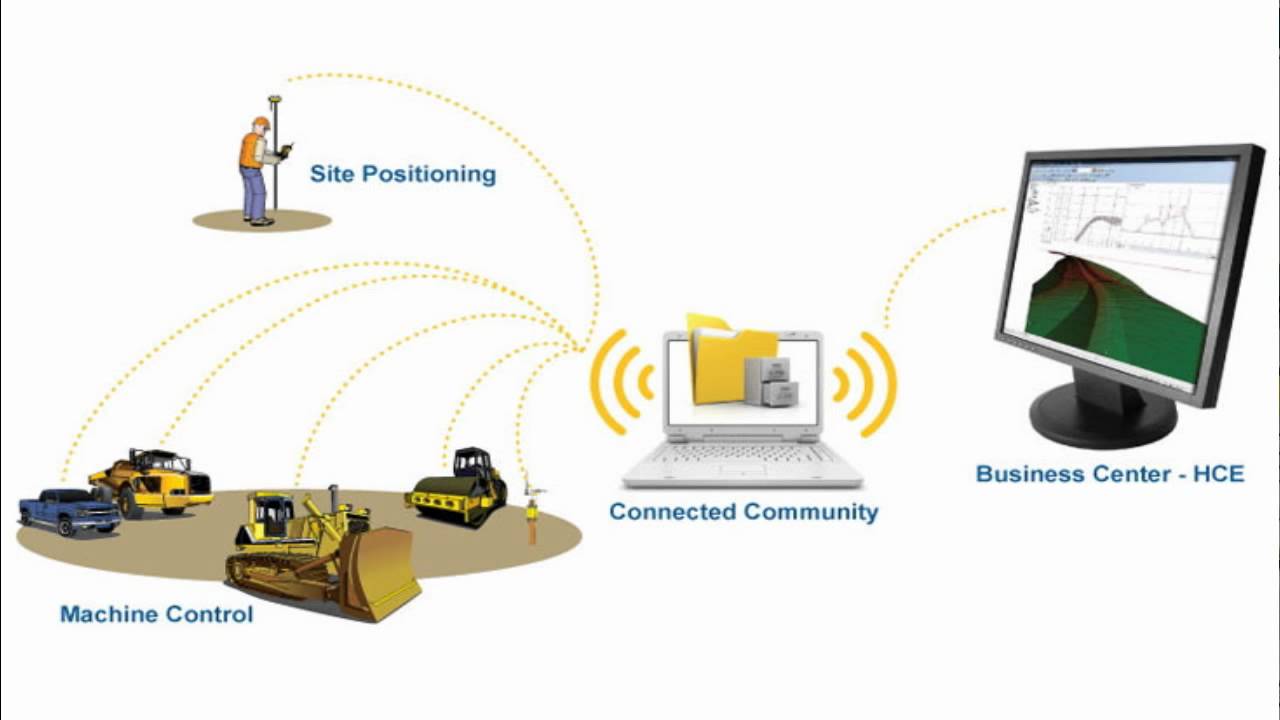The business of land development is an exciting and lucrative field that brings together economics, design, and construction. If you have a passion for real estate and a knack for spotting potential, starting a land development business can be a rewarding venture. However, success in this industry requires a well-crafted land development business plan. In this article, we will guide you through the essential components of a comprehensive land development business plan to help you leverage opportunities and build a successful enterprise.
Contents
Executive Summary
The executive summary serves as an overview of your land development business plan. It should concisely highlight your business goals, target market, competitive advantage, and financial projections. It is crucial to provide a compelling snapshot of your business to attract potential investors, partners, and lenders.
Read Also: Creating a Winning App Development Business Plan A Blueprint for Success
Company Description
Describe your land development company’s background, vision, and mission. Explain the type of land development you focus on, whether it’s residential, commercial, or mixed-use. Provide an overview of your team’s expertise and any notable projects you have completed. This section sets the stage for the remainder of your business plan.
Market Analysis
Conduct a thorough market analysis to gain insights into the local and regional real estate market. Identify emerging trends, demographics, and economic factors that influence land development opportunities. Research competing developers and analyze their strategies, pricing models, and target markets. The market analysis will help you identify niche areas and position your business effectively.
Acquisition and Feasibility
Outline your process for identifying and acquiring potential land properties. Describe your criteria for evaluating the feasibility of a project, including zoning regulations, environmental impact, and market demand. Assess potential risks and challenges associated with each project and detail how you plan to manage them.
Read Also: Real Estate Development Business Plan Building a Blueprint for Success
Design and Planning
Discuss your approach to design and planning. Emphasize the importance of creating thoughtful and sustainable development plans that consider environmental impact, infrastructure requirements, and community needs. Identify the professionals and partners you will work with during the design and planning phase, such as architects, engineers, and environmental consultants.
Financing and Funding
Detail your financing and funding strategies for land acquisition, development costs, and operational expenses. Identify potential sources of funding, including personal investment, loans, private investors, or partnerships. Present a detailed financial analysis that includes projected revenue, expenses, and return on investment (ROI). Show potential stakeholders the viability and profitability of your land development projects.
Marketing and Sales Strategy
Develop a marketing and sales strategy to attract buyers or investors for your land development projects. Identify your target market, develop a strong brand presence, and implement effective marketing tactics. Consider networking with real estate agents, hosting open houses, and utilizing online marketing platforms to reach potential buyers or investors.
Read Also: Business Operating Plan Template A Guide to Building a Comprehensive Plan
Implementation and Operations
Describe your implementation timeline and operational plan. Detail each phase of the land development process, including permit acquisition, construction, and project management. Discuss the different partners and contractors you will involve and outline the steps you will take to ensure effective project execution.
Developing a solid land development business plan is vital for launching a successful enterprise in the real estate industry. By following the steps outlined in this blog, you will set a strong foundation for your land development business. Continuously evaluate and adapt your strategy to seize new opportunities and navigate potential challenges. With a well-crafted business plan in hand, you’ll be on your way to transforming land into thriving developments that leave a lasting impact.










